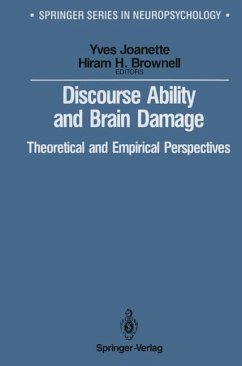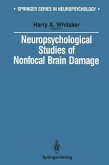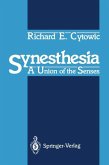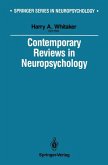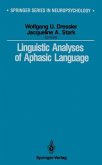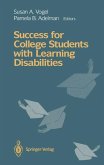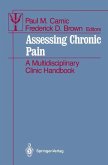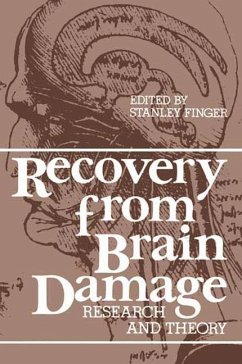Nonspecialists are often surprised by the issues studied and the perspectives assumed by basic scientific researchers. Nowhere has the surprise traditionally been greater than in the field of psychology. College students anticipate that their psychology courses will illuminate their personal problems and their friends' per sonalities; they are nonplussed to discover that the perception of geometric forms and the running ofT-mazes dominates the textbooks. The situation is comparable in the domain of linguistics. Nonprofessional observers assume that linguists study exotic languages, that when they choose to focus on their own language, they will examine the meanings of utterances and the uses to which language is put. Such onlookers are taken aback to learn that the learning of remote languages is a marginal activity for most linguists; they are equally amazed to discover that the lion's share of work in the discipline focuses on issues of syntax and phonol ogy, which are virtually invisible to the speaker of a language. Science moves in its own, often mysterious ways, and there are perfectly good reasons why experimental psychologists prefer to look at mazes rather than at madness, and why linguists study syntax rather than Sanskrit. Nonetheless, it is a happy event for all concerned when the interests of professionals and non specialists begin to move toward one another and a field of study comes to address the "big questions" as well as the experimentally most tractable ones. Discourse Ability and Brain Damage reflects this trend in scientific research.
Hinweis: Dieser Artikel kann nur an eine deutsche Lieferadresse ausgeliefert werden.
Hinweis: Dieser Artikel kann nur an eine deutsche Lieferadresse ausgeliefert werden.

